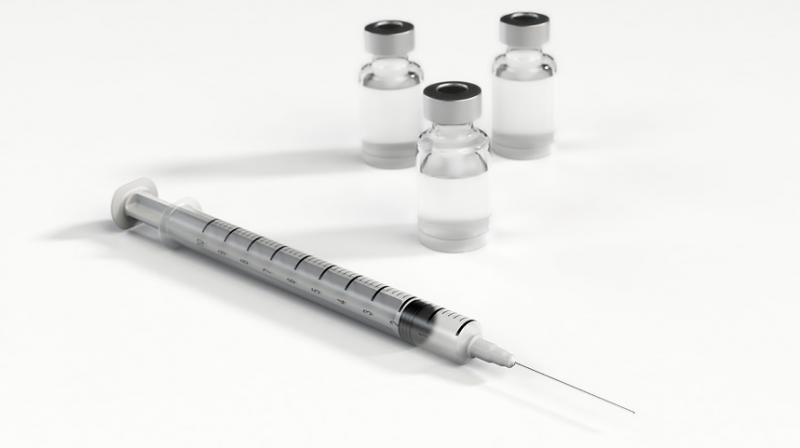
Pakistan has begun vaccinating millions of children against typhoid using a newly developed typhoid vaccine. The vaccine will be used during a two-week immunization campaign in southern Sindh province, where an ongoing outbreak of a drug-resistant strain of the potentially fatal disease has been running rampant. Azra Pechuho, the health minister in Sindh province, said at the launch of the project, “The two-week campaign beginning from today would target over 10 million children of nine months to 15 years of age.”
Typhoid is the condition that results from an infection with the Salmonella Typhi bacteria. The bacteria is easily spread through contaminated food and water. Common symptoms include fever, nausea, stomach pain, and pink spots on the chest. In severe cases, the infection can lead to complications in the abdomen and head that can be fatal. The illness disproportionately affects children.
Pakistan has become the first country in the world to use the vaccine as the outbreak of the fever continues to rage in the country. This particular outbreak is caused by a bacterial strain that has evolved extensive drug resistance to all but one antibiotic used to treat typhoid. If it develops resistance to the final antibiotic treatment, death rates among those infected could rise from around 1 percent now to as much as 20 percent.
The new typhoid vaccine, designed to prevent typhoid fever infection for up to five years, was approved in 2018 by the World Health Organization. It is being provided by the Geneva-based GAVI vaccine alliance. The alliance bulk buys vaccines to lower the costs for poor countries. The alliance is backed by the Bill & Melinda Gates Foundation, the WHO, the World Bank, and UNICEF, among others.
It is important for Pakistan to get a handle on this outbreak, as there is already fears of it spreading internationally. Cases have already been seen in the United States, Australia, Britain, Canada, Denmark and Taiwan by travelers to Pakistan who have brought the disease to their home countries. The outbreak, which started in 2016, has so far infected around 11,000 people.
